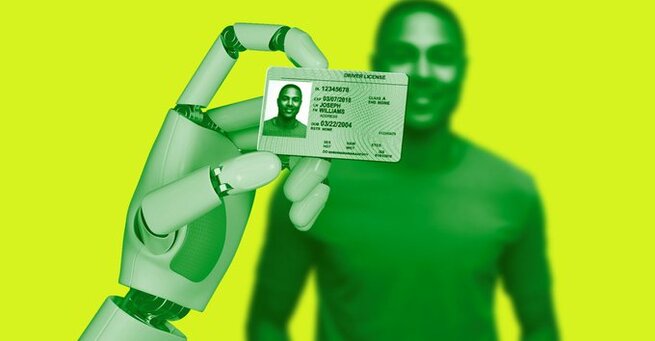
The internet is rapidly changing, and one of the biggest shifts underway is the widespread implementation of age verification. If you've been wondering why more websites are asking for your ID or payment details, you're not alone. Countries worldwide are pushing for stricter online safety measures, particularly to protect children, leading to new regulations that require platforms to verify user ages. This means many popular sites and services, from social media to streaming platforms, are grappling with how to effectively and securely implement these systems. While the intention is to create a safer online environment, the early stages of this rollout have been far from smooth, presenting significant challenges for both users and the platforms themselves.
The push for enhanced online safety has intensified, with lawmakers in the UK, US, Europe, Australia, and beyond enacting age-gating rules. For example, the UK's Online Safety Act, implemented in July 2025, mandates age verification for sites hosting adult or "harmful" content. While many services, including Reddit, Discord, and Bluesky, are complying, others have chosen to exit these markets due to the significant cost and risk involved. The initial results have been chaotic: users have found ways to bypass verification tools using VPNs or by tricking the systems. This early chaos highlights the complexity of implementing effective age verification solutions without disrupting user experience or, more critically, compromising privacy.
So, how are platforms attempting age verification? The common methods involve users either providing a payment card, uploading a government-issued ID, taking a selfie, or allowing platforms to use existing data (like account creation dates) to estimate their age. Many services are outsourcing this responsibility to third-party providers. For instance, Bluesky utilizes Epic Games' Kids Web Services, Reddit partners with Persona, and Discord collaborates with k-ID. While these methods aim to verify age, the reliance on sensitive user information creates a significant "privacy nightmare," as noted by privacy and security experts like Cody Venzke of the American Civil Liberties Union. The potential for data breaches and misuse of personal information remains a major concern, underlining the delicate balance between safety and privacy.
As age verification continues to roll out globally, it’s clear that the internet is at a crossroads. While the goal of protecting younger users is commendable, the current implementation presents substantial hurdles. The chaos, privacy risks, and ease with which current systems can be circumvented suggest that a more robust and privacy-preserving approach is needed. For users, understanding how these systems work and the data they collect is crucial. For platforms and lawmakers, the challenge lies in developing solutions that are effective, secure, and respectful of user privacy, ensuring that the quest for online safety doesn't inadvertently create a new set of vulnerabilities.
𝗦𝗲𝗺𝗮𝘀𝗼𝗰𝗶𝗮𝗹 𝗶𝘀 𝘄𝗵𝗲𝗿𝗲 𝗿𝗲𝗮𝗹 𝗽𝗲𝗼𝗽𝗹𝗲 𝗰𝗼𝗻𝗻𝗲𝗰𝘁, 𝗴𝗿𝗼𝘄, 𝗮𝗻𝗱 𝗯𝗲𝗹𝗼𝗻𝗴. We’re more than just a social platform — from jobs and blogs to events and daily chats, we bring people and ideas together in one simple, meaningful space.